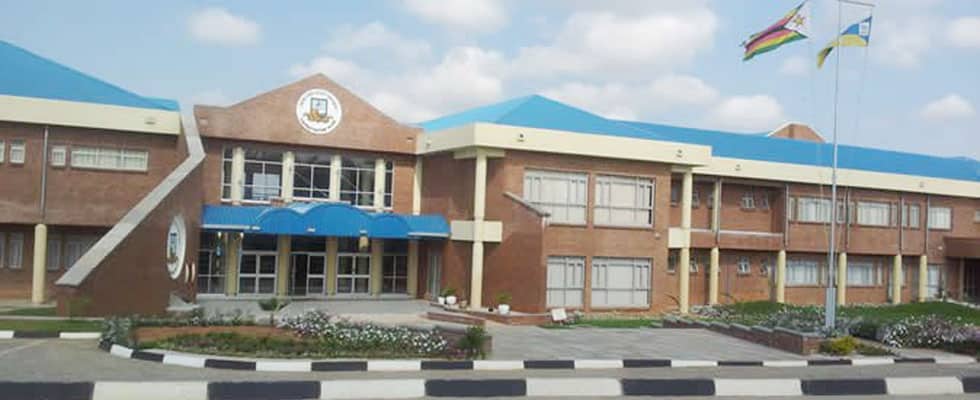Lovemore Lubinda
The University of Zimbabwe Pro-vice Chancellor Professor Pedzisai Mashiri has implored the government to consider the services of institutions of higher learning, particularly universities in trying to find solutions to problems hampering developmental projects.
Speaking at a stakeholders workshop on Sustainable Development Goals (SDGs) at a local hotel in Harare yesterday, he pointed out that universities’ prime mandate is to drive national development thrusts by being engines of research and development.
“Institutions of higher learning can play valuable roles in development, hence, the need to incorporate them in developmental policies, if desirable or intended development targets on the SDGs are to be attained,” he said.
Prof Mashiri said people don’t usually regard institutions of higher learning or universities, to be precise as engines of development, by doing so they fail to take into account that the prime purpose of these establishments are that they were created to drive development.
“Universities are critical resource base which should be utilised by governments to achieve intended or desired development.
“They have the infrastructure be it human, technology, and other physical materials needed to assist a nation so that government concepts are defined,” he says.
Prof Mashiri added that concepts such as the ZimAsset economic blue print that the government recently came up with, should be decoded into the language that every member of the community, society, every citizen can understand. He says by mandate, universities are knowledge industries responsible for breaking down of complicated data and imparting it to the general populace in the simplest way they can understand.
According to him, education must be to improve livelihoods of the people on the ground and not to remain as theories or in passive forms of static abstracts, and only by this sustainability is achieved. “Sustainability is learning from the past, thinking of the present, and planning for the future,” he said.
Speaking at the same event Poverty Reduction Trust Forum director Judith Kaulem echoed Prof Mashiri’s sentiments saying for any national development to be fully achieved, it should be decoded to the extent that it is well understood by those deep down in rural areas.
She said the whole issue is not about people spending time in hotels, deliberating issues, but it is all about getting the message down to the general populace.
Meanwhile, the Director in the Ministry of Macro-Economic Planning and Investment Promotion, Graciano Nyaguse admitted that lack of infrastructural development is driving investors away from investing in Zimbabwe.
“No investor would want to invest in a country where there are poor road networks, no stable power supply, or even poor telecommunications system. In most cases potential investors have preferred other countries like Botswana to Zimbabwe because of poor infrastructure,” he said.
Over the years, the country had been known for being excellent in coming up with policies that look good on paper, and lacking the political will to implement them. In other instances the government through its department have been blamed for keeping on kicking the can down the road, thereby hampering developmental progress.
The clear example that comes into mind is something to do with solar projects, almost every year the Zimbabwe Energy and Regulatory Authority make calls for bids in designing renewable power projects, while in fact it would be wise to use the findings of previous studies, and avoiding re-inventing the wheel.













